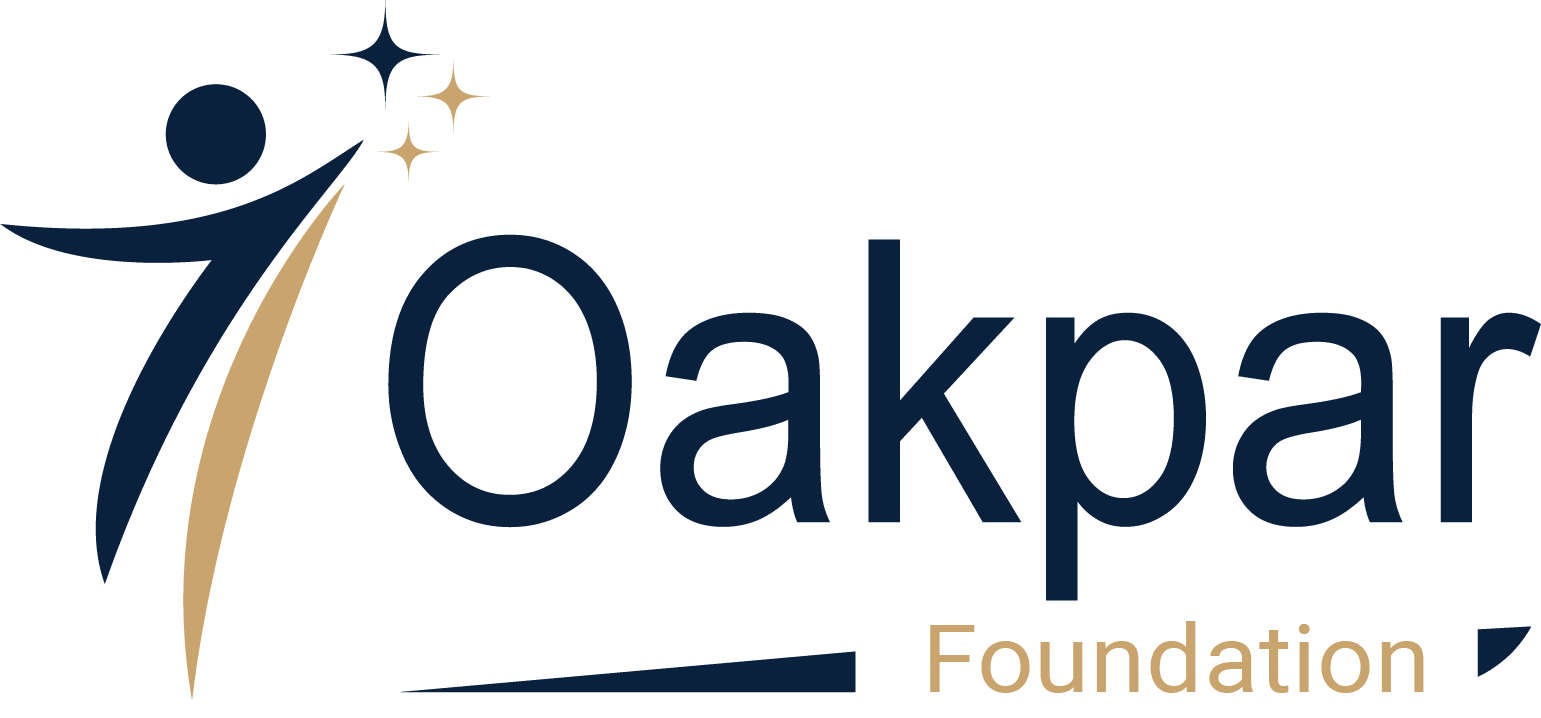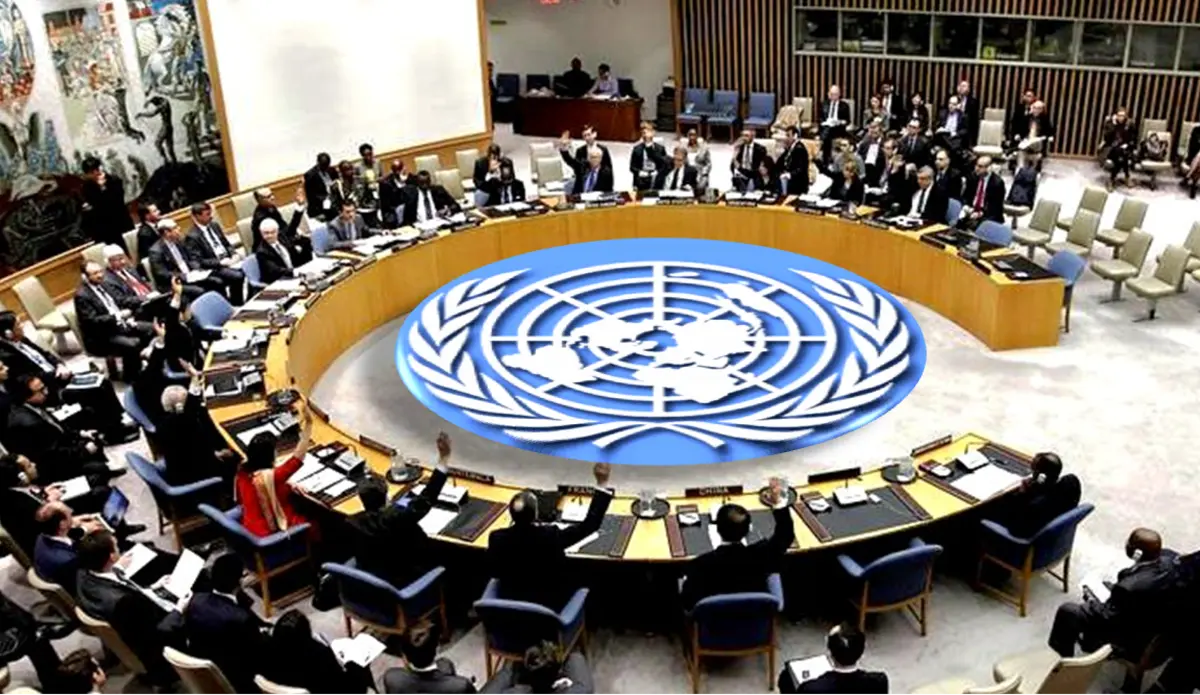UN Secretary-General António Guterres has called for fundamental change to get the world back on track towards the Sustainable Development Goals (SDGs). The report entitled 'Progress towards the Sustainable Development Goals: Towards a Rescue Plan for People and Planet' revealed that the most developed countries are leaving more than half the world behind, with more than 30% of the SDGs in retreat . Unless action is taken now, the 2030 Agenda will become an epitaph for a world that could have been.
The report identifies five key areas of urgent action for all Member States:
– First, commitments need to be resumed for the next seven years, with accelerated, sustained and transformative action, both nationally and internationally, to fulfill the promise of the SDGs.
– Second, concrete, integrated and targeted policies and implementation must be promoted to eradicate poverty, reduce inequality and end environmental degradation, with a particular focus on advancing the rights of women and girls and empowering the most vulnerable.
– Third, there is a need to strengthen national and subnational capacity with the commitment of public institutions to accelerate progress on the SDGs.
– Fourth, it is necessary to reaffirm the commitment to comply with the Addis Ababa Agenda in order to mobilize the necessary resources and investments for developing countries to achieve the SDGs.
– Fifth, we must continue to strengthen the UN development system and increase the capacity of the multilateral system to address emerging challenges and fill gaps and address SDG-related weaknesses in the international architecture that have emerged since 2015.
To fulfill a commitment to the effective implementation of the SDGs, bold political leadership at all levels is essential and UN member countries, which must commit to establishing national benchmarks in order to reduce poverty and inequality, so that they are discussed and proposed concrete actions at the SDG Summit, which will take place in September 2023. The SDGs are the way to overcome economic and geopolitical divisions and to restore trust and rebuild solidarity. No country can afford to see them fail.
With the climate crisis and a weakened and unstable global economy, it is urgent that the international community act collectively to change the trajectory of the SDGs. The opportunity for change exists, but unprecedented collective action is needed. We need to work together to get the world back on track and achieve the Sustainable Development Goals.
SDG 17 Highlights the Importance of Collaboration and Cooperation for the Implementation of the Sustainable Development Goals
SDG 17 is considered the most important and overarching goal of the 2030 Agenda, as its implementation is critical to achieving the other 16 goals. This objective deals with partnerships and means of implementing the SDGs, highlighting the importance of collaboration and cooperation among all sectors of society to achieve a sustainable future.
As mentioned by the UN report, achieving the SDGs will require unprecedented collective action. It is critical that governments work in partnership with civil society, the private sector and other stakeholders to advance the implementation of the goals. Public-private partnerships are an important tool for mobilizing the resources and knowledge needed to implement the SDGs. These partnerships can involve collaboration between companies, governments and non-governmental organizations (NGOs), as well as the use of innovative technologies and new business models.
In addition, it is important to involve local communities in the process of implementing the SDGs, ensuring that their needs and concerns are considered in the actions taken. This can be done through participatory dialogues and public consultations, which allow people to express their views and be directly involved in the implementation of the SDGs.
SDG Summit: Assessing Progress and Reinforcing the Need for Urgent Action to Achieve the Global Goals
The SDG Summit – which will take place this September in New York City – will be a crucial moment to assess the progress made in implementing the 2030 Agenda so far and reinforce the need for urgent action to achieve the goals set. The call by United Nations Secretary-General António Guterres – for G20 countries to agree to a global stimulus of at least US$ 500 billion per year to support countries in the global south to advance in the implementation of the SDGs – is a concrete example how international cooperation can help achieve these goals. Likewise, prioritizing five goals by business leaders, such as living wages, climate change, gender equality, water management and sustainable finance, can be an effective approach to driving progress in implementing the SDGs.
While there are criticisms of slow progress in implementing the SDGs, it is critical to remember that the 2030 Agenda represents a global commitment to a sustainable and inclusive future. It is essential that governments, the private sector, civil society and other stakeholders work together to overcome challenges and achieve established goals.




